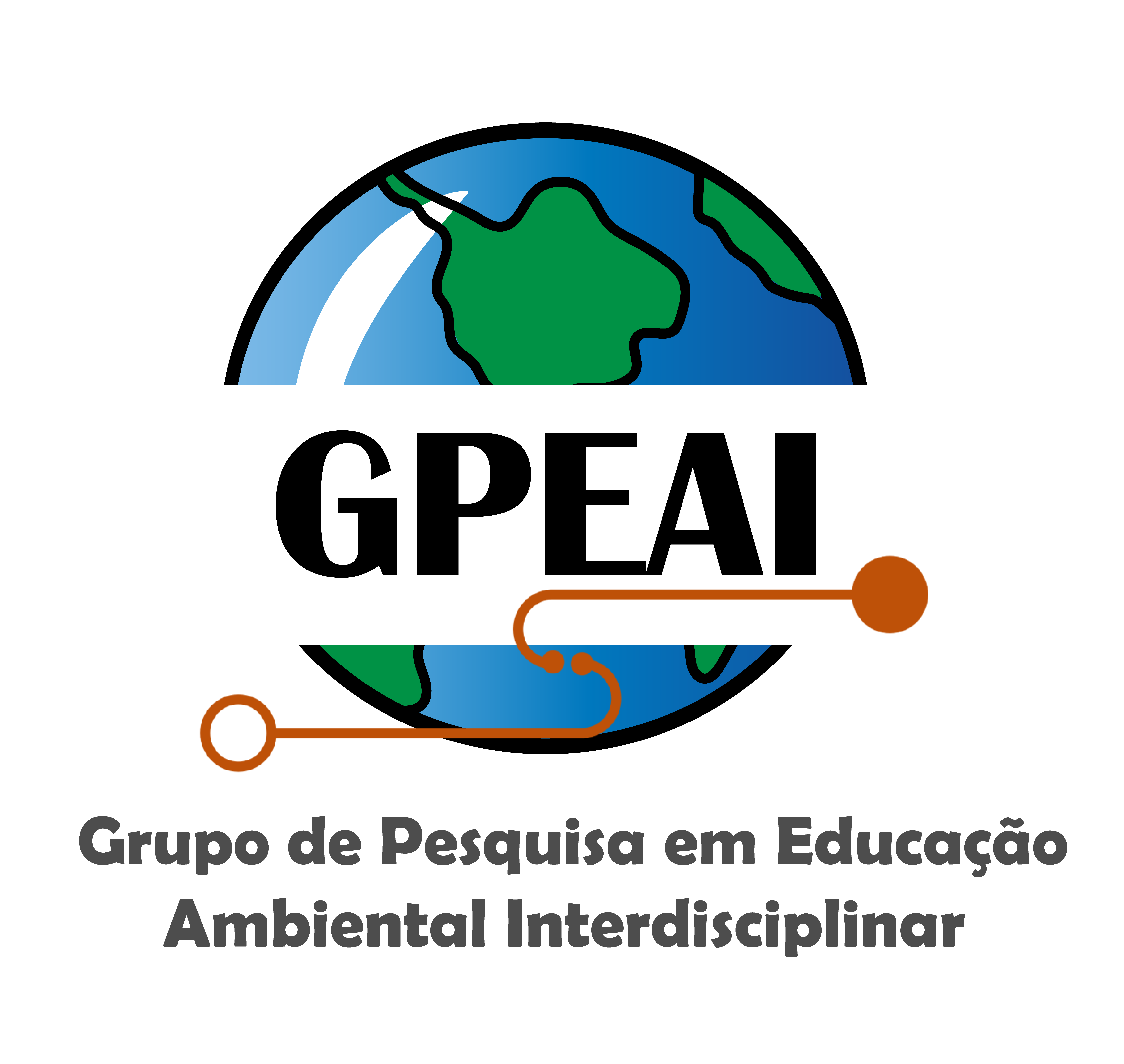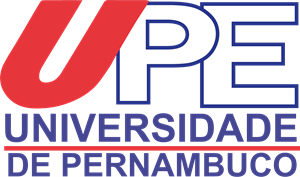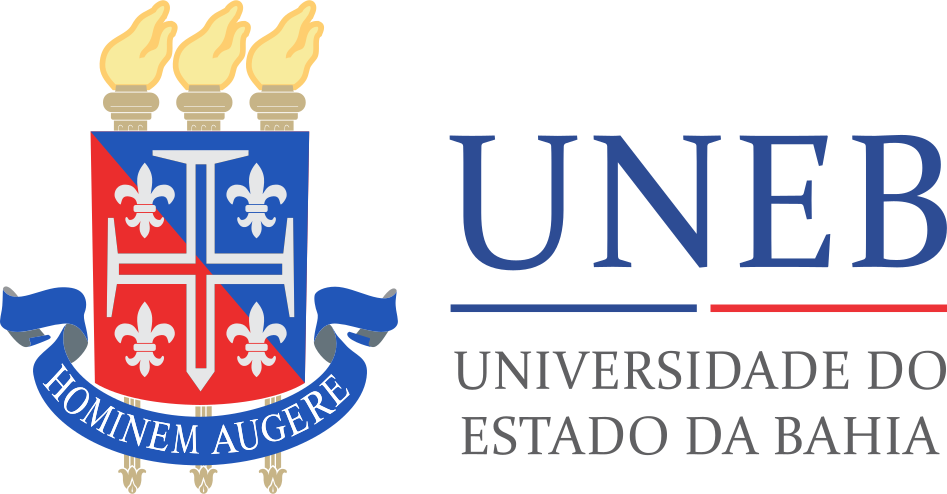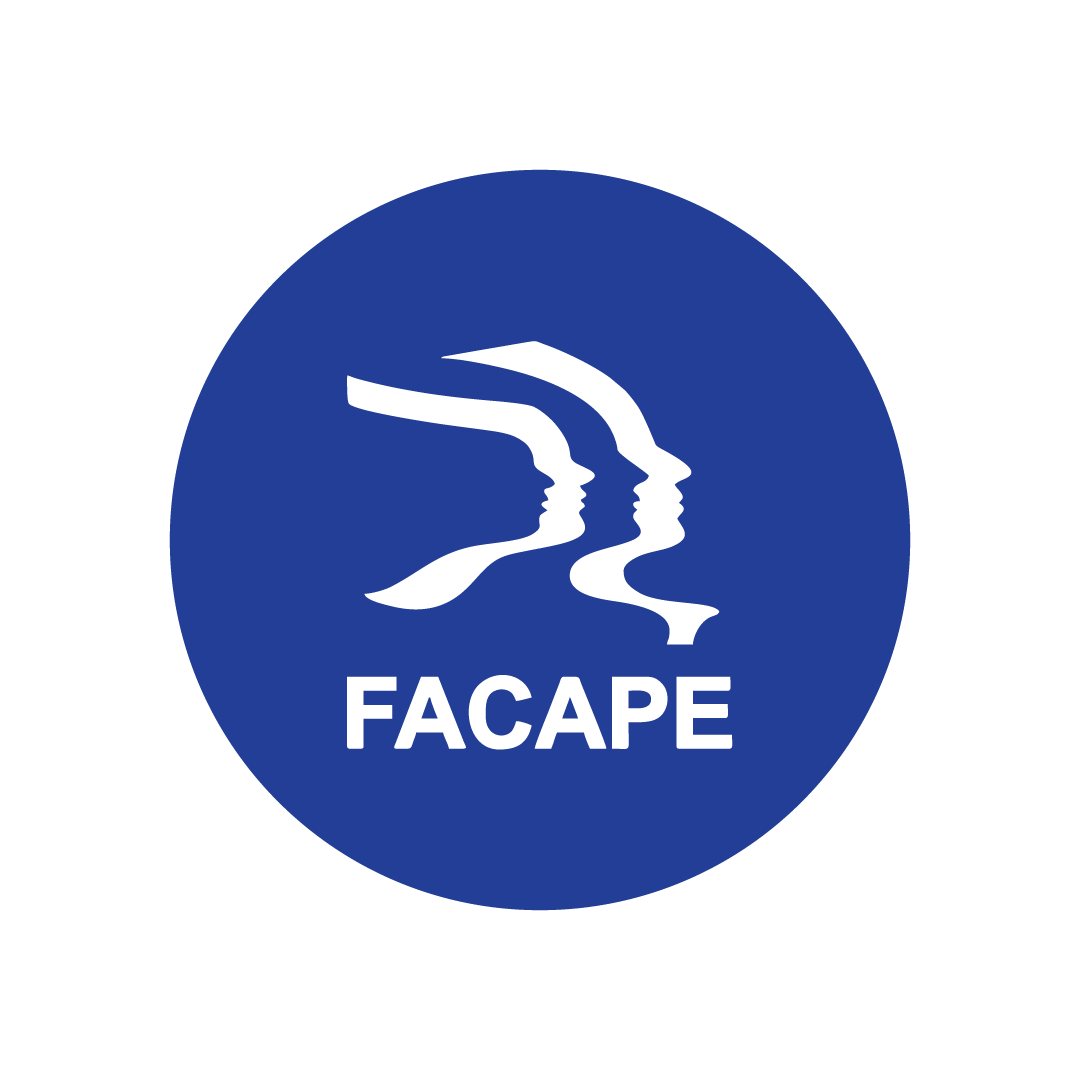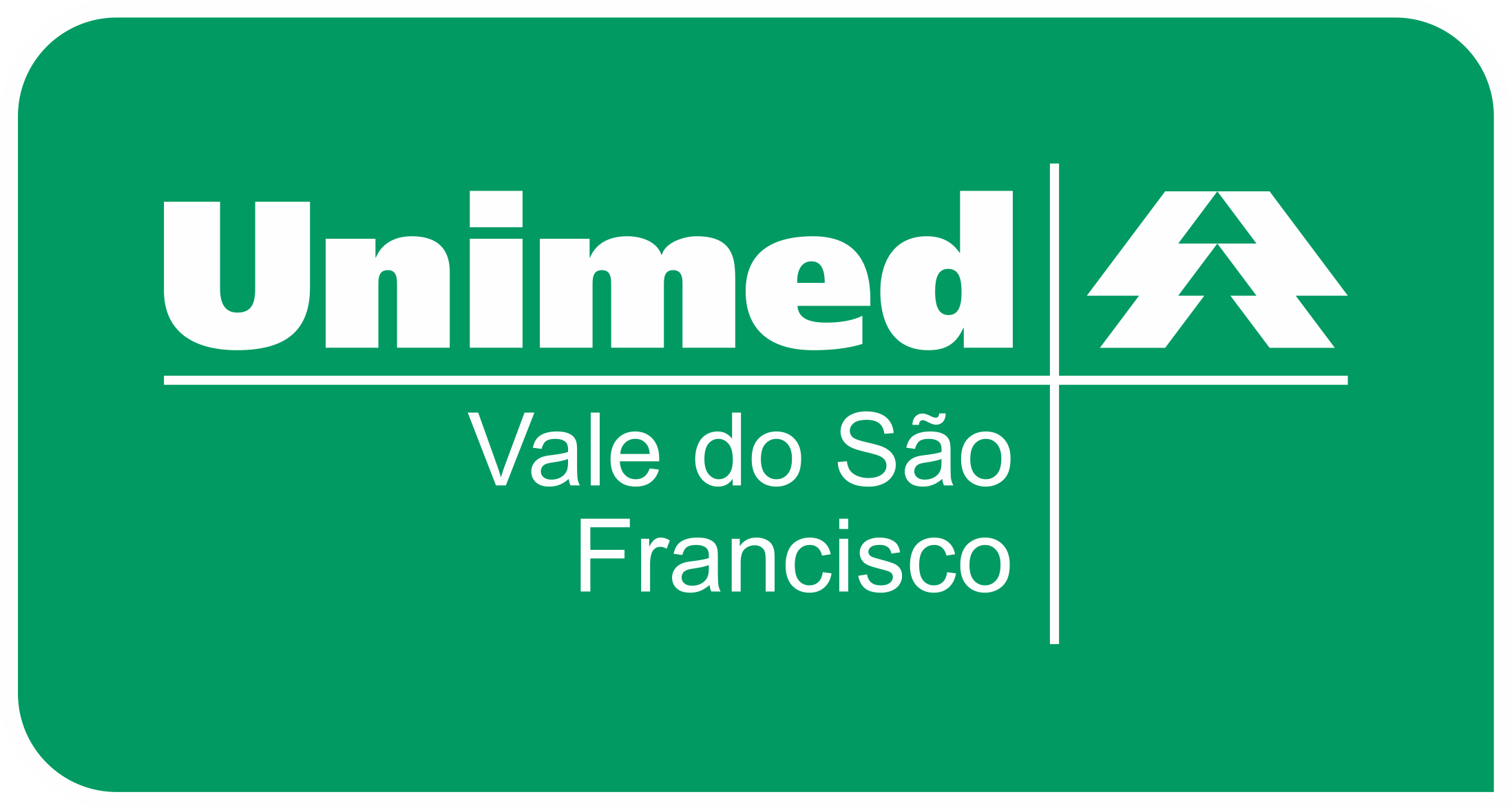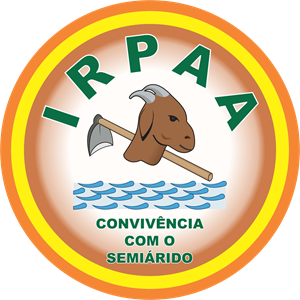Ecopedagogical Territories in the Human and Educational Formation of Socio-Environmental Researchers
DOI:
https://doi.org/10.5281/zenodo.12786256Keywords:
Human Training, Education, Socio-environmental Research.Abstract
: The role of formal educational institutions should be to extend the knowledge acquired beyond their physical boundaries and contribute to the exchange of knowledge. In this context, the curricular component of the Postgraduate Program in Environment and Development (PPGMADE/UFPR) conducts activities that encompass both in-class sessions at the university facilities and off-campus visits to eco-pedagogical sites, involving various disciplines, their instructors, and students. As an illustrative example, we will discuss a visit to the Marumby Agroforestry Station in Morretes, Paraná, conducted as part of the Environmental Epistemology and Environment and Development courses. The objective of this article is to explore how these visits to eco-pedagogical sites can influence the personal and educational development of researchers enrolled in postgraduate programs focused on socio-environmental studies. The methodological approach is qualitative and phenomenological, where observations and field diary notes, along with discussion circles, provide the foundation for theoretical discussions. Among the findings, it was observed that experiences in eco-pedagogical settings significantly contribute to the training of socio-environmental researchers, with expected impacts on research, as well as personal and educational actions.



